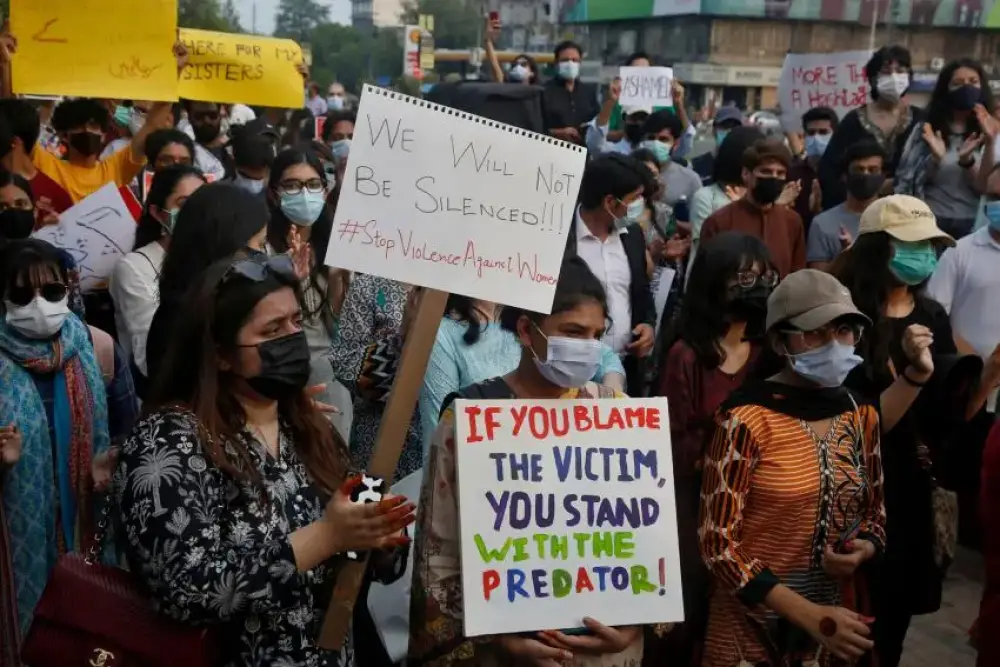
Due to differences in inclusive development and the effects of indigenous and outdated social structures on women's life, the position of women in Pakistan varies widely between classes, locations, and the urban/rural division. In general, women's rights are improving in Pakistan, and more women in the country are attending school and learning to read and write.
According to the research held by Assignment Writing Service, Pakistan ranks 167th out of 170 states on the "Women, Peace, and Security Index" for the welfare of women. Women in Pakistan have taken to the streets in growing numbers over the last several years, protesting against injustice and brutality and calling on the authorities to take steps to advance women's rights. Religious and secular communities alike are speaking out against violence against women.
Women in History of Pakistan
The basic rights of all people are guaranteed, and democratic values are endorsed in Pakistan's preamble to the Constitution. Originally given in 1947 by Pakistan's Ordinance, women's suffrage was confirmed in the 1956 general elections held under the country's provisional Constitution. The two-time female Prime Minister of Pakistan, Benazir Bhutto, is a prominent role model for women in politics. After a successful campaign in 1988, Bhutto was appointed as the very first female leader of an Islamic state. Despite this progress, numerous women in Pakistan continue to confront cultural, religious, economic, and governmental barriers that keep them from voting, running for office, or working in election administration.
There is a disturbingly high percentage of violence against women in Pakistan's homes. According to the USIP, 28% of Pakistani females faces physical abuse before age 50. Many women are forced to work as domestic helpers despite receiving little or no pay because they fear for their safety from male household members.
Improvement in Women's Rights
The excellent thing is that the United Nations and other international bodies are paying attention to the situation of women's rights in the country. A three-year initiative titled "The Economic Empowerment of Women Home-Based Workers and Excluded Groups in Pakistan" was launched by the United Nations in 2017. The program was designed to help women in Pakistan who work from home earn more money and advance the country's economy.
Each of the corporate sectors, the government, Pakistani women, and the UN profited from this program. The government of Pakistan approved an anti-rape code in 2020 that calls for severe penalties for anyone who perpetrates sexual offences. This law provides better protection and safety for women who are victims of domestic abuse.
Many groups are working to educate the public about domestic abuse. Furthermore, the administration has been passing new legislation to safeguard women's rights further. Although there is still a long way to go, the administration and groups in Pakistan are working to improve women's rights.

